The direction is for the industrial sector
The beauty of the global economy was that even small countries with a successful choice of industry specialization, could drive a wedge into international value chains. A narrow product range with large output volumes allowed achieving price competitiveness in a wide market. It doesn't matter if you produce sausage, perfume sprayers or certain electronic devices. In certain niches it was possible to find a place under the sun. And if not become the richest and prosperous, then, at worst, provide more or less decent national welfare. With a responsible national policy, by and large, the wealth of the state did not depend on its size. The pandemic began to destroy this architecture. And the geopolitical aggravation is bulldozing the remnants of global chains. It is obvious that new centers of economic power are emerging. But what place will small states have? Especially those that adhered to the multi-vector principle in the economy. Won't they get lost in a multipolar world? This was discussed with the Head of the Department of Economics and Management of the Belarusian State University of Economics, Doctor of Economic Sciences, Professor, analyst of the Belarusian Institute of Strategic Research Alexey Bykov.
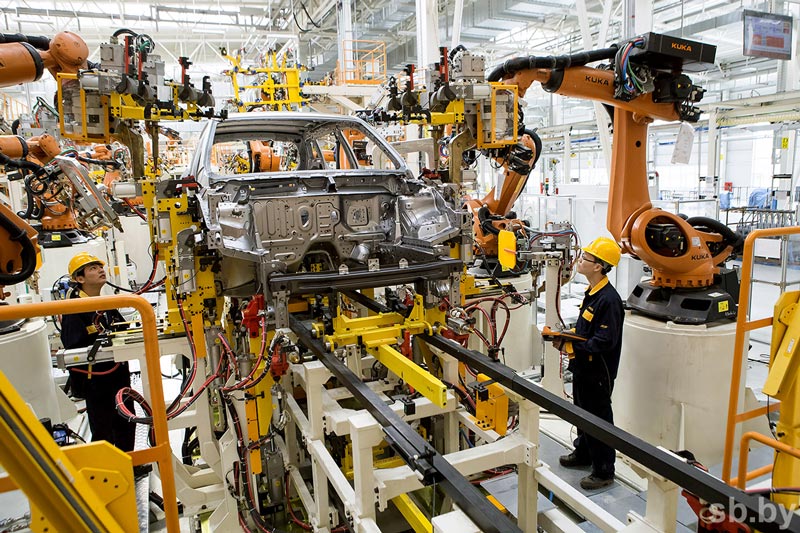
Supply on demand
The world economy has not yet entered a recession, but it is very close to it. Moreover, it's very likely that the decline will not be episodic, as it was during the pandemic and lockdowns, but systemic.
“The growth of the global economy was largely due to excessive consumption in developed countries,” Alexey Bykov explains. “Belarus sold a lot of products to Russia and the far arc states: there was a solvent demand there. At the expense of what? High prices for oil and other resources. And why were they expensive? Due to high demand in the USA and the EU. And how did it come about? They printed a lot of money. Why? I presume, to increase the welfare of the population for a certain period, so that it does not resent and does not express social protests. The American and European markets were capacious and marginal. High incomes and stable demand were largely achieved through the growth of debts, which reached excessive sizes. Moreover, both state and corporate; household debt is also high. Will developed countries be able to continue living in debt and ensure global growth?
The last thesis is questionable. At least, due to various problems, China's exports to Europe have been declining in recent months. Although it must be admitted: for China, exports provided largely positive GDP dynamics. Now, China is trying to develop at the expense of the domestic market. But Beijing needs a surplus of foreign trade: it pursues an active investment policy in Asia, Latin America, and Africa. There is also a demand for a wide range of products in these regions. But the population of these regions has a relatively low solvency. And in the current state, they cannot completely replace consumption in the EU and the USA. But these regions sales are also declining.”
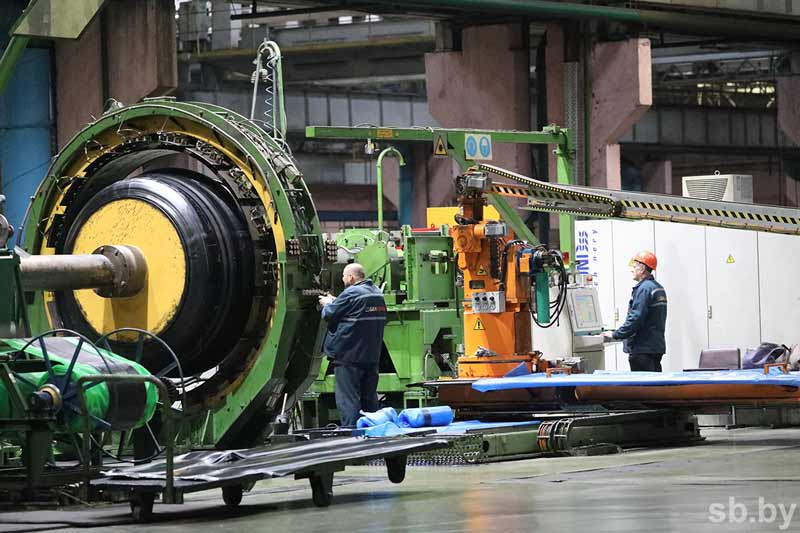
Geo-economics is beginning to transform. And national economies have to adapt to new conditions. In particular, restriction risks, potential or already existing, have also grown. Undoubtedly, small economies are largely exposed to them, since they do not have a capacious domestic market and are significantly dependent on export supplies.
“There is a stereotype that small economies cannot survive alone,” Alexey Bykov draws attention. “However, the examples of Cuba, North Korea, and, finally, Iran show the opposite. Of course, from the standpoint of both the image and the level of well-being of the population, hardly anyone would call the development of these countries successful. Rather, these examples disprove the thesis that states cannot survive in isolation. Yes, they can. At the same time, I am sure that Belarus is not in danger of complete isolation, autarky.”
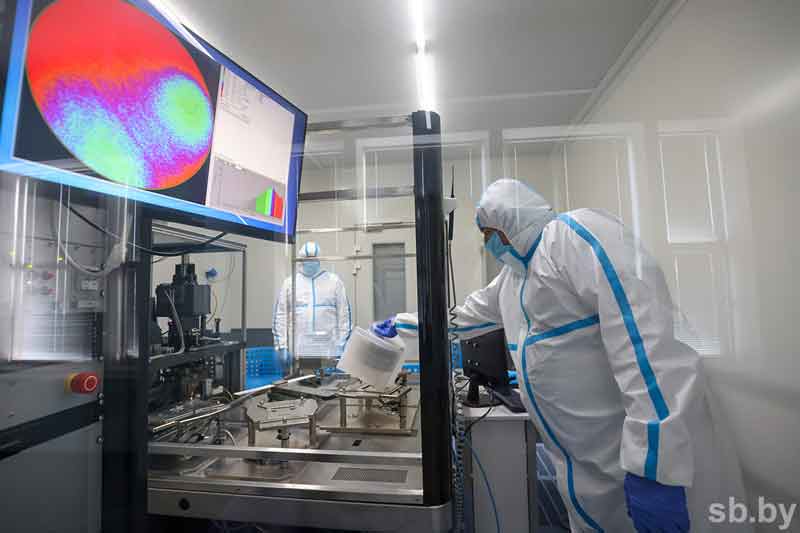
Alexey Bykov notes: the key problem is not even the loss of Western markets, but the gap in logistics. Two-thirds of our border, if not completely closed, then movement in these directions is limited. But gradually new ways of supplying our goods are being built. In addition, demand in Russia has increased.
“There is no drop in demand in Russia today,” Alexey Bykov explains. “Belarus month-to-month demonstrates the growth of exports and positive dynamics for the first six months.”
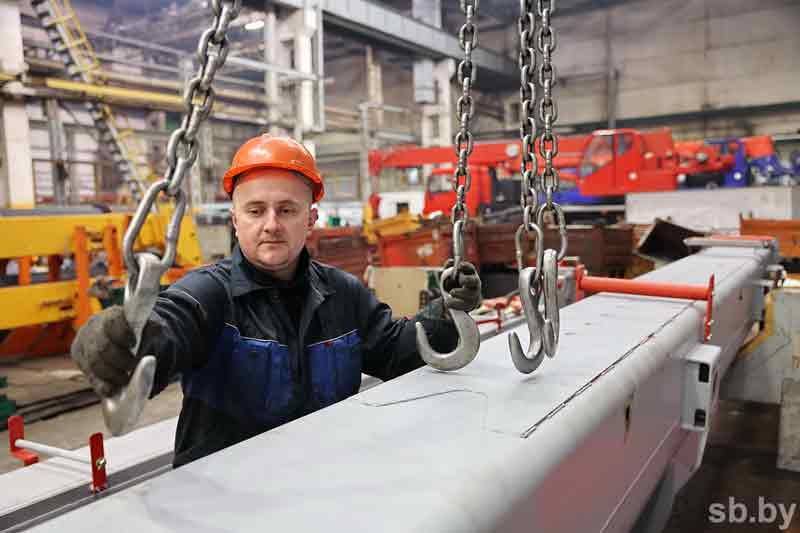
Another question, according to the expert, is how the industry structure will be transformed to meet new sales markets and demand needs.
“The industry structure will be built according to demand,” Alexey Bykov asserted. “What goods are sold, we are trying to produce more of them, and these areas and industries are developing. And then other processes in the state are adjusted to the sectoral structure: fiscal, investment policy, personnel training, and so on.”
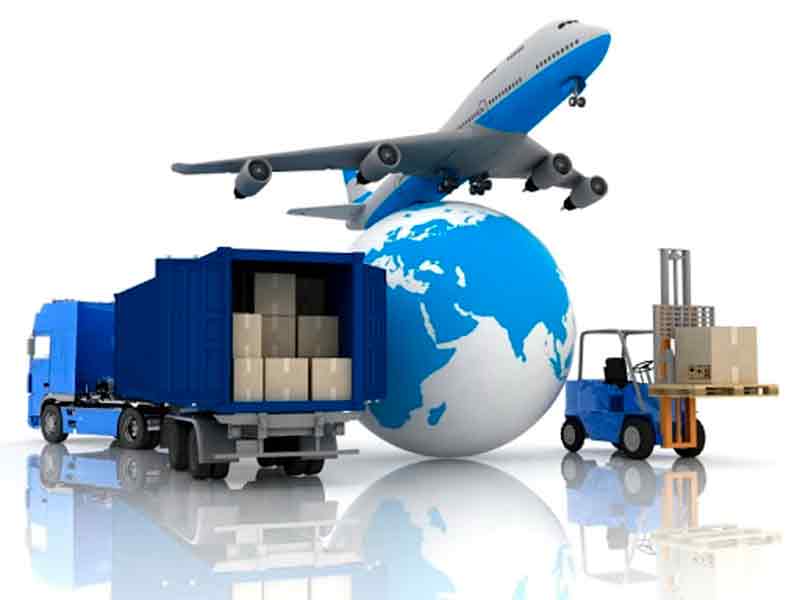
A new impetus for development
The expert emphasizes: in past years, countries rich in natural resources could earn on natural rent, many other states earned on transit and processing of minerals. Therefore, to some extent, the state economic policy was built quite simply: there were a small number of high-margin industries (oil refining, metallurgy, potash), which significantly replenished the budget due to excise duties and taxes. This made it possible to meet social obligations and not strain the same IT industry with too much fiscal burden. Now the demand is changing towards high-tech industries. And we will have to adapt to this factor. Alexey Bykov is convinced: such a transformation will benefit Belarus by and large.
“We are already moving along a certain paradigm based on objective realities,” he explains. - There is a great demand for our mechanical engineering products, optical equipment, machine tools, instruments, microelectronics in Russia. And these are industries that link together production, education, and science.”
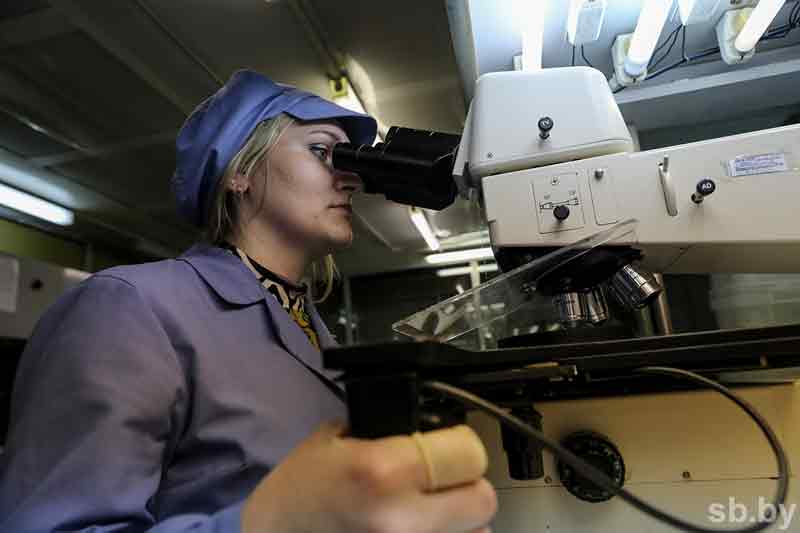
Usually, countries with developed mechanical engineering have developed innovative economies: the USA, Japan, the EU, then China and South Korea. Of course, it is necessary to provide yourself with food and basic consumer goods. But the level of knowledge intensity in mechanical engineering is objectively higher than in most other industries.
He notes that now, the segment of mechanical engineering and high-tech industries in general has received a new impetus for development. Including by virtue of sanctions against Belarus and Russia. This is a positive factor. Of course, many enterprises and competencies have survived in the country. But if in late 1980s high-tech production accounted for up to 35 percent of industrial output, by the end of the 2010s its share was already less than 25 percent. We have the potential. And it needs to be developed. Since, based on the many examples of the last few years, the most resilient will be states with their own industrial sector. Another question is that it is necessary to build an innovation system, personnel training, and other elements of the economic infrastructure for it.


